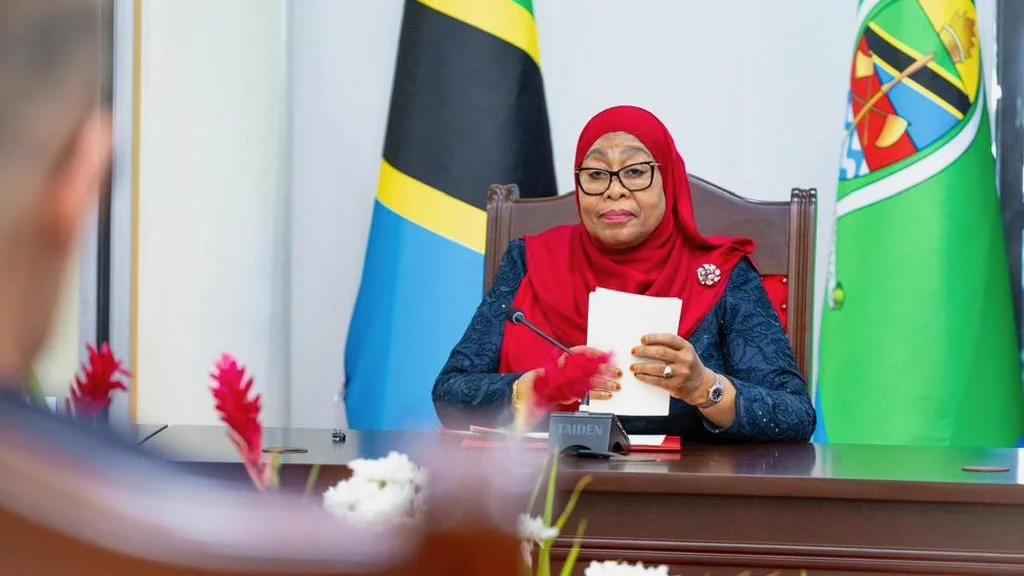As Tanzania approaches its general election on October 29, 2025, Amnesty International has raised alarms, warning that the vote may lack credibility due to government actions.
The rights group claims President Samia Suluhu Hassan’s administration is fostering fear, targeting opposition figures, journalists, and activists with heavy-handed measures. This crackdown threatens to reduce the election to a hollow process, undermining democratic principles.
The election will choose the president, national assembly members, and ward councillors. However, Suluhu’s ruling party is poised to dominate, with key opposition leaders sidelined by legal and extralegal tactics.
Opposition Faces Barriers
Amnesty highlights a pattern of repression, including politically driven charges against rivals. Luhaga Mpina, a prominent opposition figure, was disqualified from running for the second time, while Chadema’s Tundu Lissu faces treason charges.
In April 2025, police arrested dozens of Lissu’s supporters outside a courtroom, with reports of beatings, torture, and abandonment in remote areas.
The government has also disrupted opposition rallies and restricted movement, stifling political activity. Amnesty documented 83 cases of missing opposition members, including three activists allegedly abducted by suspected police, raising fears of systemic intimidation.
Suluhu’s Shifting Legacy
Samia Suluhu Hassan, Tanzania’s first female president, assumed power in 2021 following John Magufuli’s death. Initially praised for reforms, her administration has grown increasingly authoritarian, according to Amnesty.
Moves to silence dissent have overshadowed early promises, casting doubt on her commitment to open governance. The CCM’s dominance, bolstered by these tactics, risks eroding public trust in the electoral process.
The crackdown extends beyond politics, with journalists and civil society groups facing harassment. This climate of fear, Amnesty warns, could suppress voter turnout and weaken democratic engagement.
A Threat to Democracy
The restrictions signal a broader assault on free expression and assembly. Opposition rallies face frequent bans or disruptions, limiting candidates’ ability to campaign. The disappearance of activists and reported abuses against detained supporters highlight a troubling trend.
These actions not only target individuals but also aim to deter broader political participation, Amnesty notes.
Tanzania’s history of electoral tensions adds urgency to these concerns. Past votes have sparked disputes, and the current repression raises fears of unrest if the election is perceived as unfair. The exclusion of major opposition voices like Mpina and Lissu further fuels skepticism about the vote’s integrity.
Global Call for Fairness
Amnesty urges Tanzania’s government to halt its crackdown and ensure a transparent election. The group calls for the release of detained supporters, fair trials, and an end to abductions. International observers are watching closely, pressing for conditions that allow free campaigning and voting without fear.
The election’s outcome could shape Tanzania’s democratic trajectory. A process seen as legitimate could strengthen stability, while continued repression risks deepening divisions. Suluhu’s government faces a critical moment to prove its commitment to fairness.
Path Forward
As Tanzanians prepare to vote, the world awaits a process that respects rights and reflects the people’s will. Amnesty’s warning underscores the stakes: a fair election could bolster Tanzania’s standing, but a flawed one may fuel distrust.
For now, citizens and activists hope for a shift toward openness, ensuring the October 29 vote truly represents Tanzania’s diverse voices.
READ ALSO: Nigeria Rejects Coup Rumors, Affirms Democratic Commitment




















